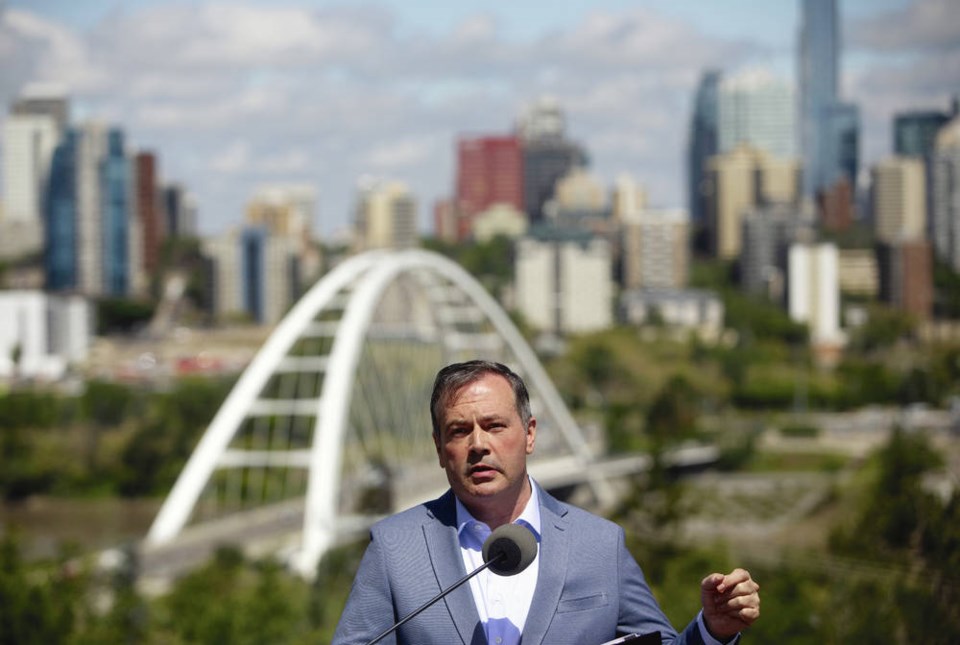The government of Alberta will hold a referendum this 颅October asking Albertans if they want equalization 颅payments 颅withdrawn from the 颅Constitution. The alleged 颅purpose is to focus attention on what many Albertans consider an unfair system.
Between 2010 and 2019, Alberta has been a major 颅contributor to federal revenues, while getting nothing in return by way of equalization 颅payments. In contrast, over the same period, Quebec received $110聽billion in payments, and Ontario, $18 billion. Manitoba, Nova Scotia and New Brunswick have each snagged somewhere in the $15-billion range.
By comparison, British Columbia, Saskatchewan and Newfoundland, along with Alberta, received nothing.
It鈥檚 worth noting here that all four of the non-recipients have major oil and gas 颅deposits, 颅offshore in Newfoundland鈥檚 case. It is the extracting of these resources, so much deplored by conservationists, that has bailed out the poorer provinces for years on end.
In any case, Albertans are to have their say. Is this a good thing?
To amend the 颅Constitution requires a majority vote in parliament, and the support of seven out of 10 provinces representing 50 per cent
of the 颅population.
That will never happen, and Premier Jason Kenney, himself once a federal minister, knows it full well. He also knows, 颅however, that as of this month, his popularity rating is the 颅lowest of any premier in the country.
Kenney enjoys the approval of just 32 per cent of respondents to an Angus Reid poll.
More than that, his caucus is split over such fraught matters as the handling of the 颅COVID-19 pandemic. The premier was forced last month to expel two caucus members for allegedly undermining his leadership.
What better way to cause a much-needed diversion, then, than to attack Ottawa and the recipients of Albertan largesse?
Kenney isn鈥檛 trying to amend the Constitution. He鈥檚 trying to mend political fences at home by rallying the troops against an opponent even more disliked than himself.
But then what? 颅Improbably, the premier declared that the referendum will soothe 颅western alienation and bring the 颅province deeper into Canada.
Really? Suppose for a moment that Albertans vote to amend the Constitution.
What happens when the rest of the country, led by a hated Liberal government in Ottawa, and the twin powers of Ontario and Quebec, tells Alberta where to stick its referendum.
This is going to enamour Albertans of their Eastern 颅compatriots? What it鈥檚 actually going to do is reawaken the not-so-deeply buried feeling that the province is indeed despised by the rest of Canada, and steps should be taken to secede.
I confess some sympathy for Kenney. I鈥檝e never met the man, but I know several federal civil servants who worked under him, and found him a decent, likable man.
His problem is that he heads a near-ungovernable caucus. Beyond disagreements over policy, there鈥檚 the longstanding split between urban members, who tend to be more centrist, and the rural bloc, who think Donald Trump was somewhere to the left of Vladimir Lenin.
It may be the case that 颅picking a fight with an external enemy is a tried and trusted way of papering over disputes at home.
But Kenney is playing with fire. Assuming a yes vote in the referendum, how does he keep hearth and home together after the results are rejected by a sweeping national consensus, as they surely will be?



